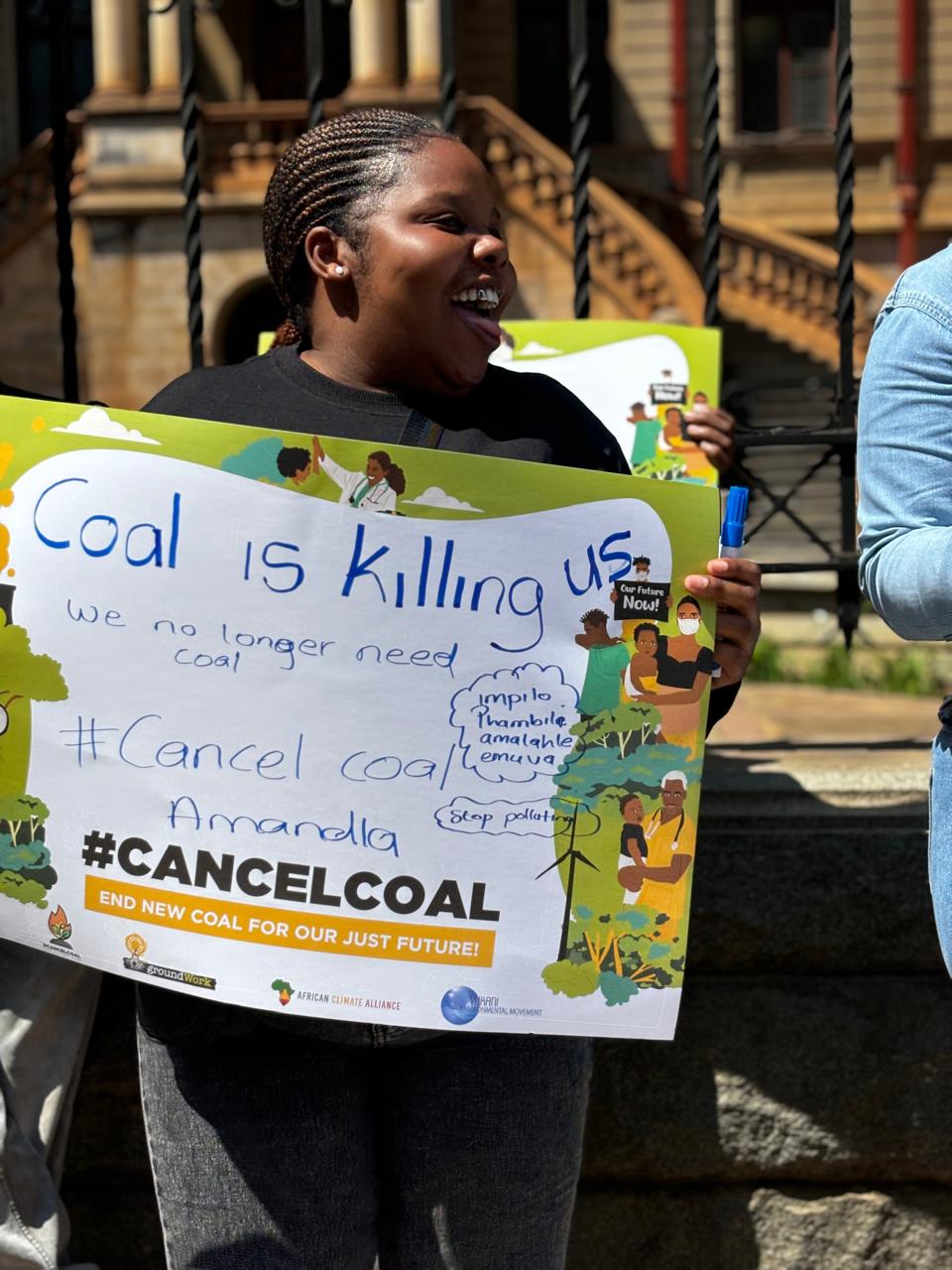
SAFTU IS VINDICATED BY THE ILO REPORT
In its Global Wage Report for 2022/23, the International Labour Organisation (ILO) has said “wages and the purchasing power of households have been dented considerably.” The report shows that real wage growth declined to -0,9% globally, in the first half of 2022. Of course, it is not all households whose income purchasing power has been dented, but the households of the working class.
During Covid-19 lockdowns, many workers lost their jobs and those who could retain their jobs, most lost their income to wage reductions. In aggregate, this contributed to the decline of overall earnings of workers across the economy. In Africa as whole, real wages declined by to -10,5% in 2020, and by -1,4% in 2021.
Covid-19 lockdowns in our country are behind us. Reflecting some post Covid-19 recovery in production levels, the GDP returned to the pre-Covid-19 levels in the third quarter of 2022. However, the economy has not been able to recover all jobs that were lost during Covid-19 lockdown.
ILO points at inflation, saying it is causing the “real wage growth to dip into negative figures”. Though it may be true that inflation undermines the buying power of these wages, the blame ought to be directed at employers. In their pursuit for maximised profits, capitalists have squeezed the wages of workers.
Merely saying that inflation is causing “real wage growth dip into negative” does not sharply raise the fact that the company executives deliberately set wage increases at below inflation levels. So, employers are not ‘just good-willed individuals’, who after nominally raising wages of workers, inflation comes to squash their well-intentioned efforts. This approach is tantamount to apologism i.e., being apologetic to capitalists.
In cases where companies have hiked workers’ wages based on earlier inflation projections, and real inflation only increased later; it is understandable when inflation overtake wage raises and cause them to decline in real terms into negative. However, this is the unlikely scenario. In our context, for instance, with government leading the charge, employers are despite the lower inflation projections by the reserve bank, insisting on below inflation wage increases.
Our contention is that the decline in real wages is a direct by-product of the greedy capitalists, who strive to maximise their profits at the expense of workers. By calling it greed, we are in no way trying to moralise about it. For their tendency to maximise and accumulate is not depended on their moral disposition but dictated to by the logic of capitalism. This approach helps to sharply expose the contradiction of capitalism and its incompatibility with the requirements for a better living of workers. Such a fact, which is central to the decline of wages, should not be glossed by blaming inflation as such. This we do, without understating the real dangers and impact of inflation on the cost of living.
In addition, we must point out that capitalism uses the reserve army of the unemployed to suppress wages. It simply refuses to increase wages significantly above the floor set by the minimum wage. In fact, if it were to be according to them, the meagre national minimum wage was going to be repealed to allow capitalist enterprises an opportunity to even drive down the wage floor of workers across all industries. Inflation for us means that the cost of maintaining labourers has increased, and therefore, wages must always be at or above inflation to ensure that the buying power of a wage is replenished to the fullest.
This, in our SA context, entails that wages must match the 13,4% of food inflation which will enable a worker to afford the R4 853,18 grocery required to maintain his/her/their family; enable the worker to afford R787 electricity; at minimum, afford a R1500 commuter taxi fare; and afford other costs that goes into reproducing the worker including shelter and water. The national minimum wage, which we have consistently rejected on the basis that it is not a living wage, undermines the cost of producing the laborers in SA.
Lastly, the monetarists also play their role in encouraging low remunerations for workers. This is in addition to the fact that their interest rates reduce money workers have through debt repayment and induce unemployment that strips retrenched workers entirely of their incomes. For instance, in the current dispute in the public service wage negotiations, it is the reserve bank (SARB) that encourages treasury to not grant above inflation increase, arguing that it will undermine their inflation battling methods.
Inflation is a consequence of their profit motive. Because they constantly chase profits, they don’t invest in industries that do no guarantee profits, and in turn, contribute to demand rising beyond supply as factories and machines lie fallow in the industries. Today, SA is sitting with a manufacturing capacity that is idling at over 21% averaged across all industries.
So the crisis of low wage increases, and inflation eroding the buying power of workers’ wages, is a crisis of their own making. Let us organise to abolish capitalism, as a step towards eradicating all social crisis we are facing.






